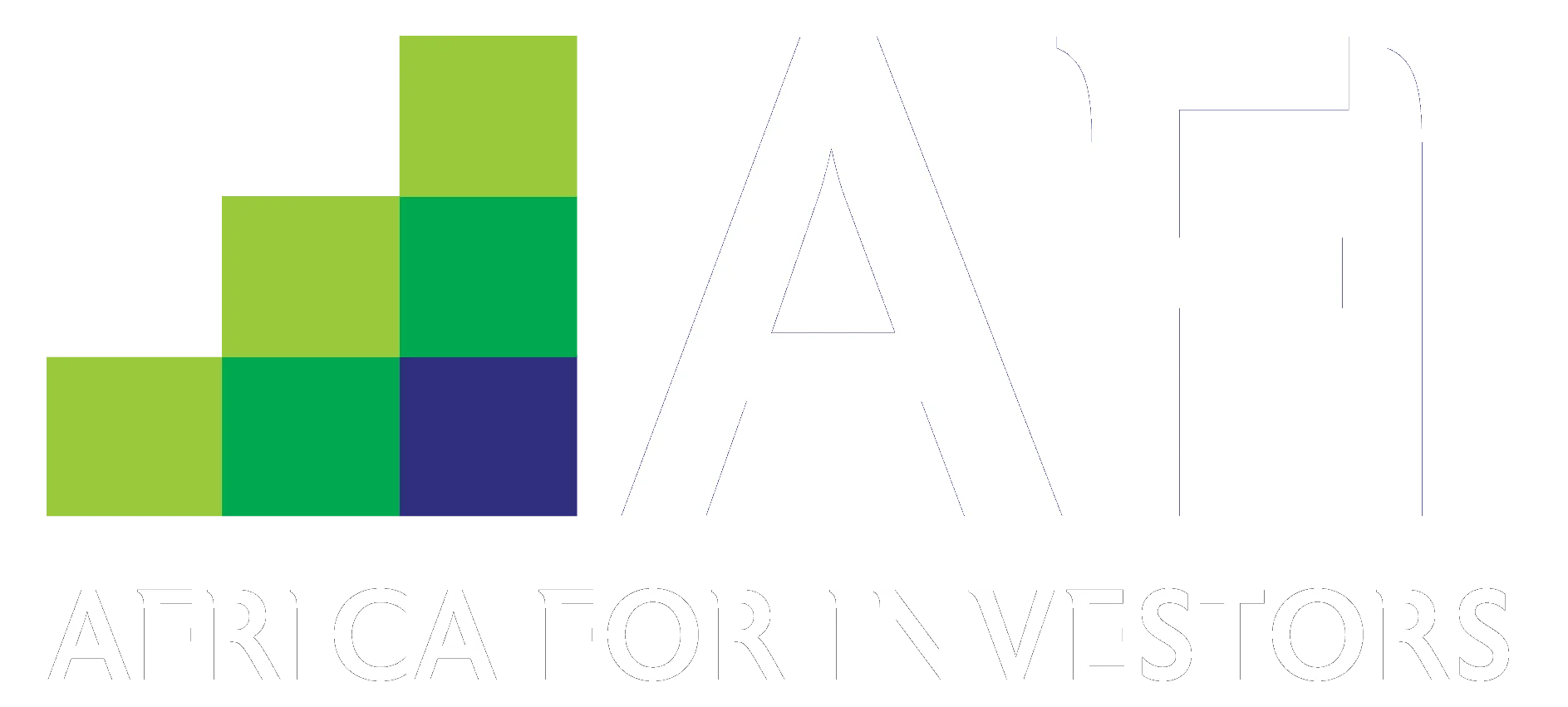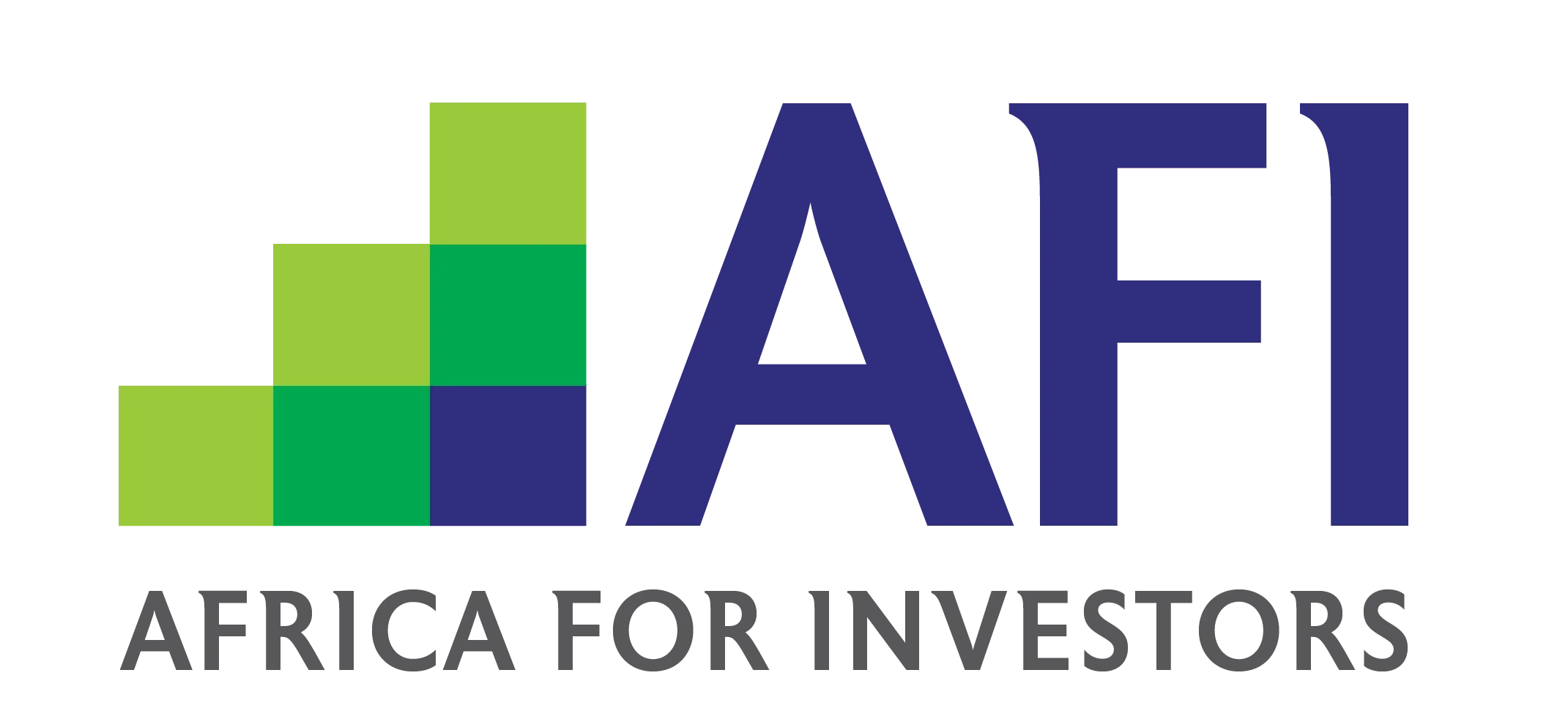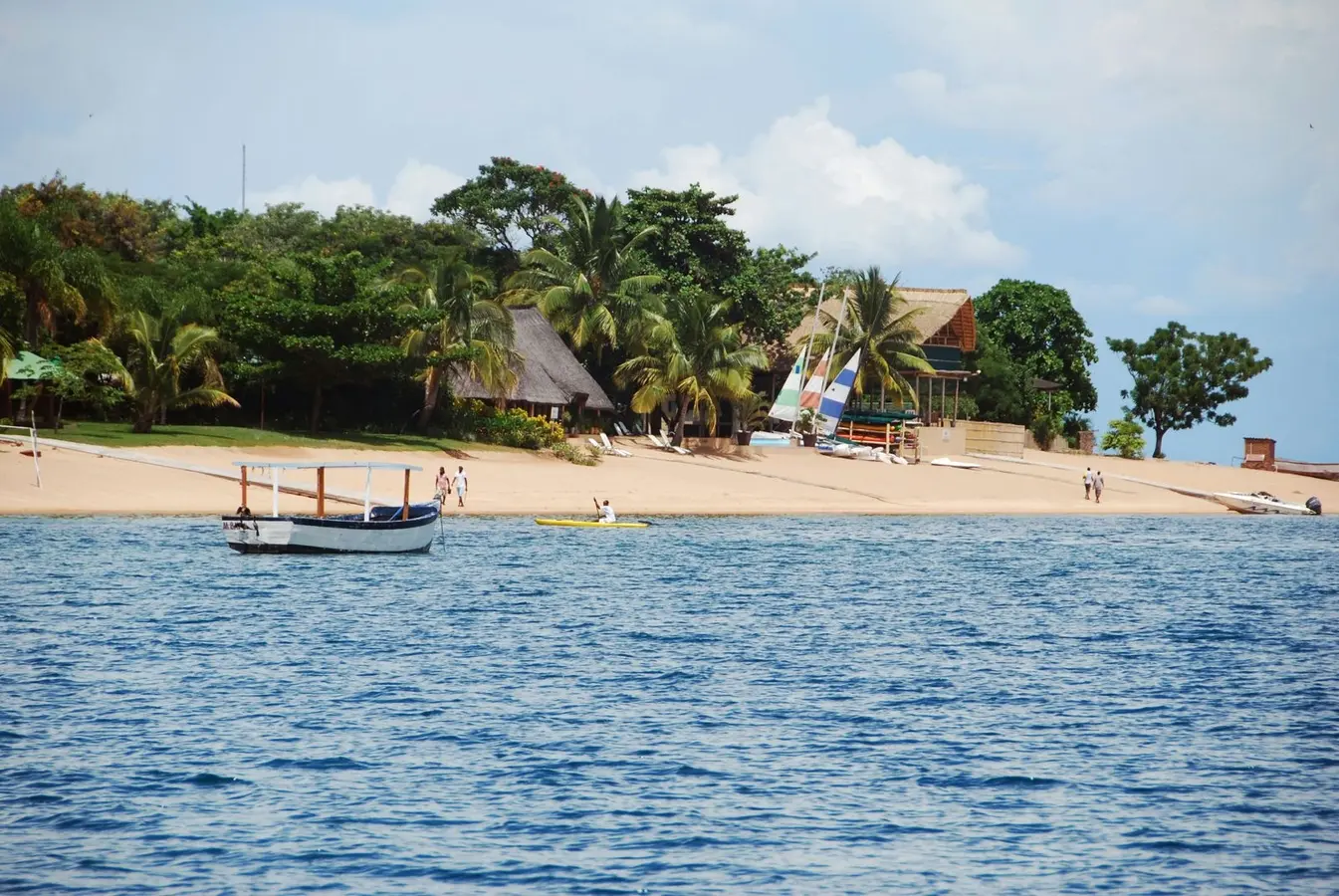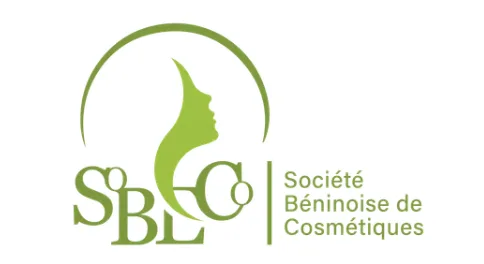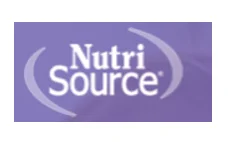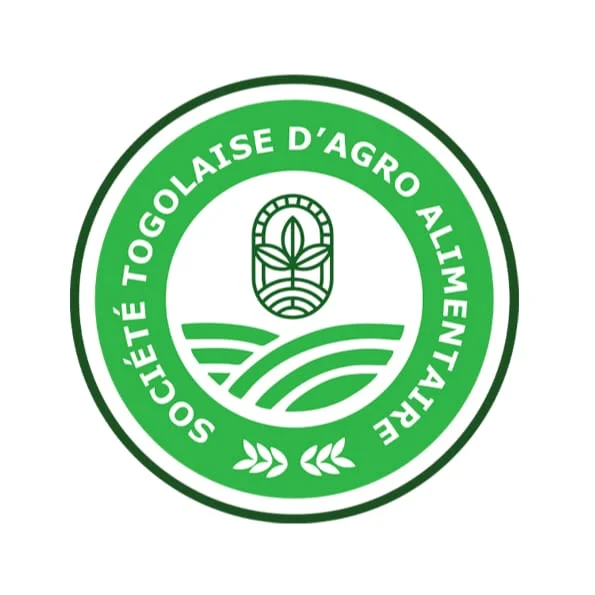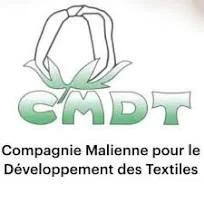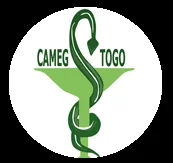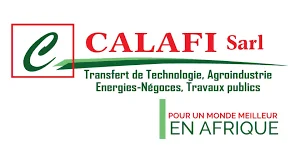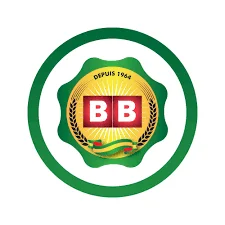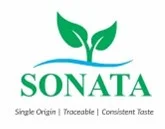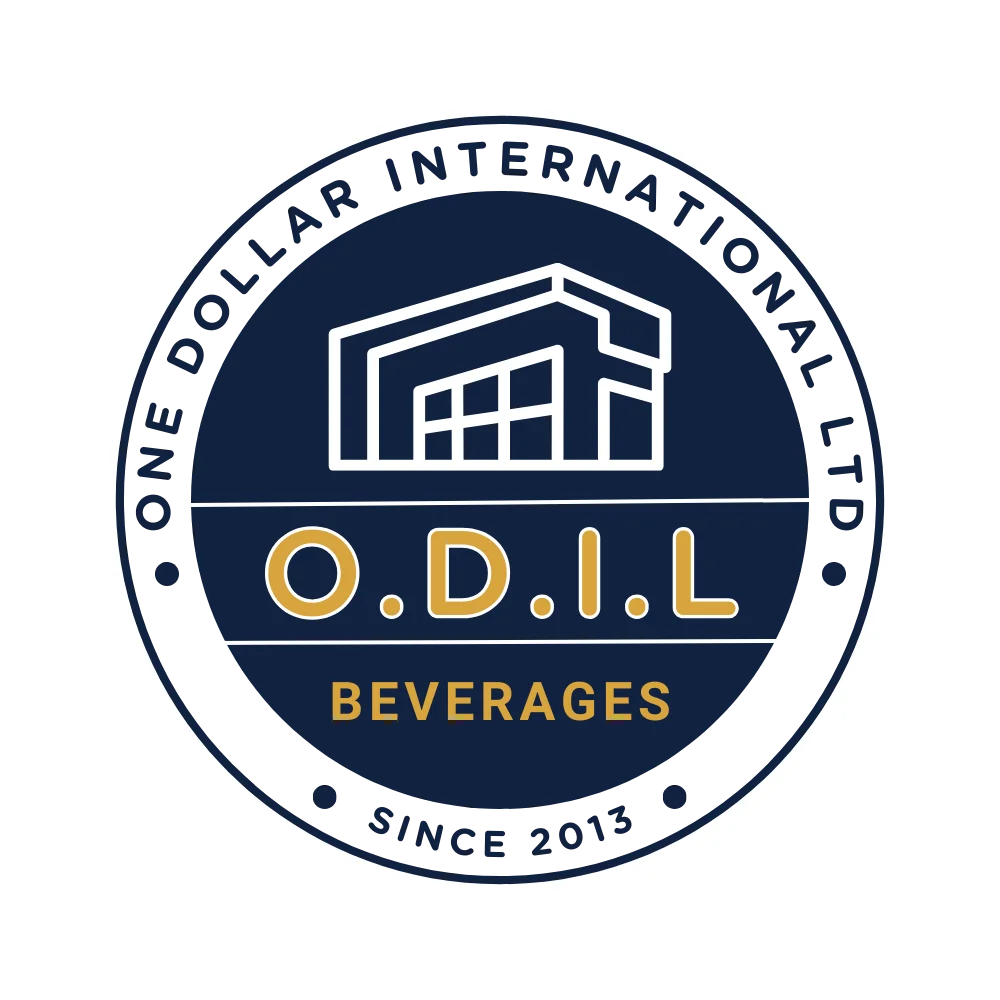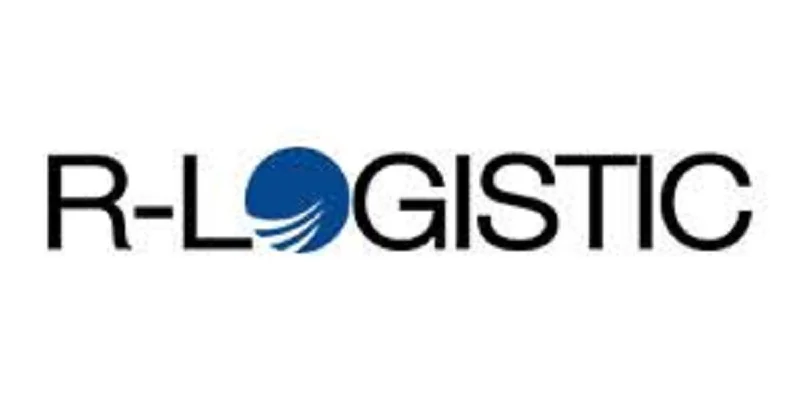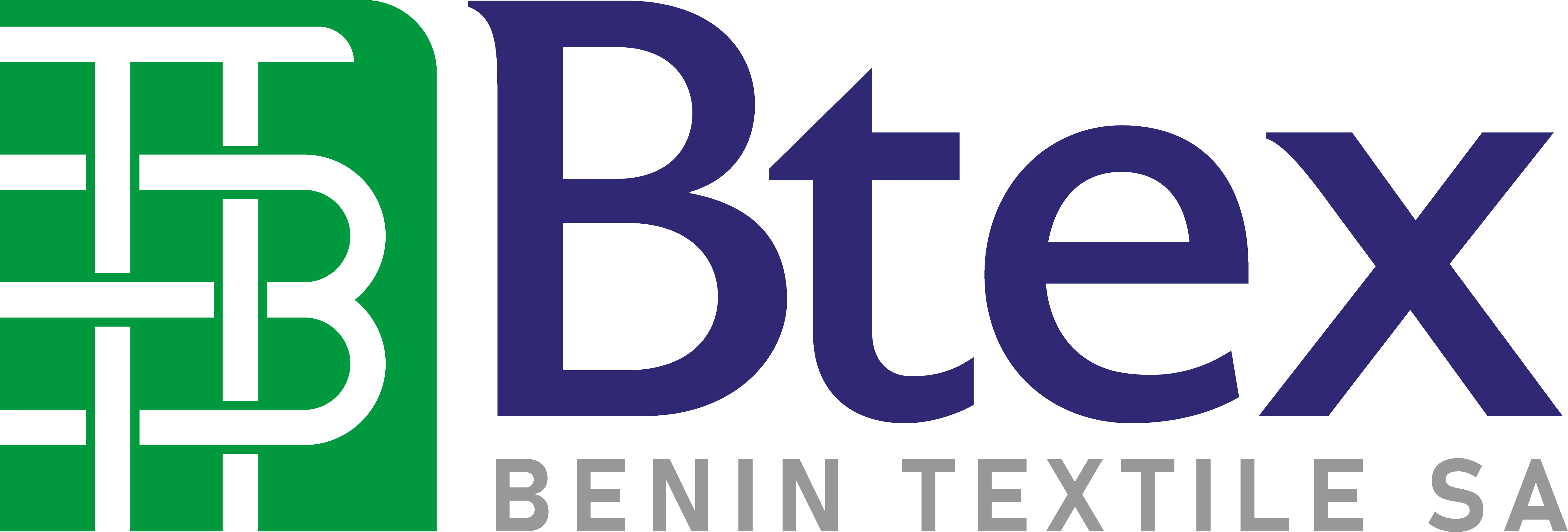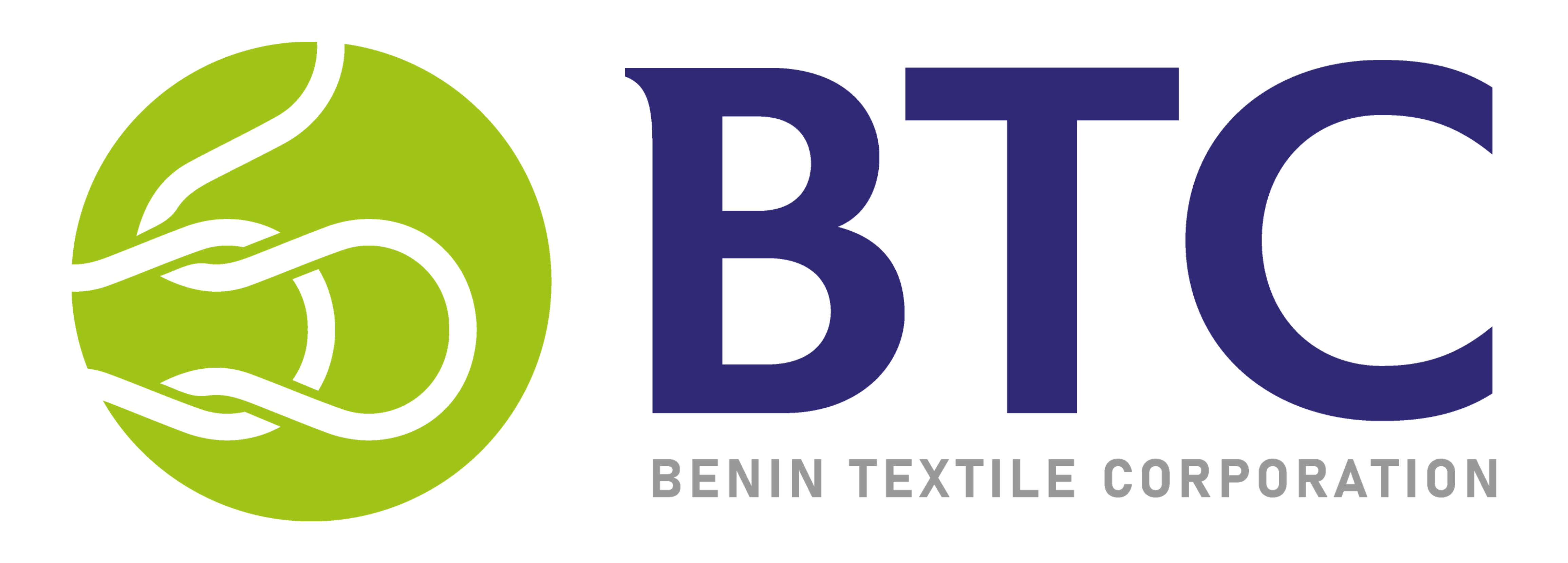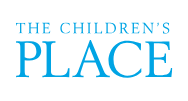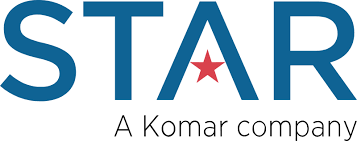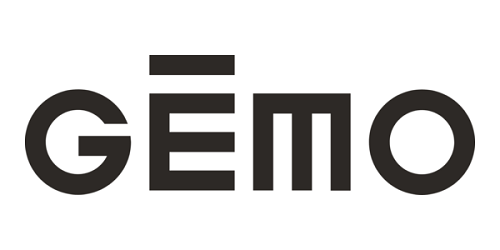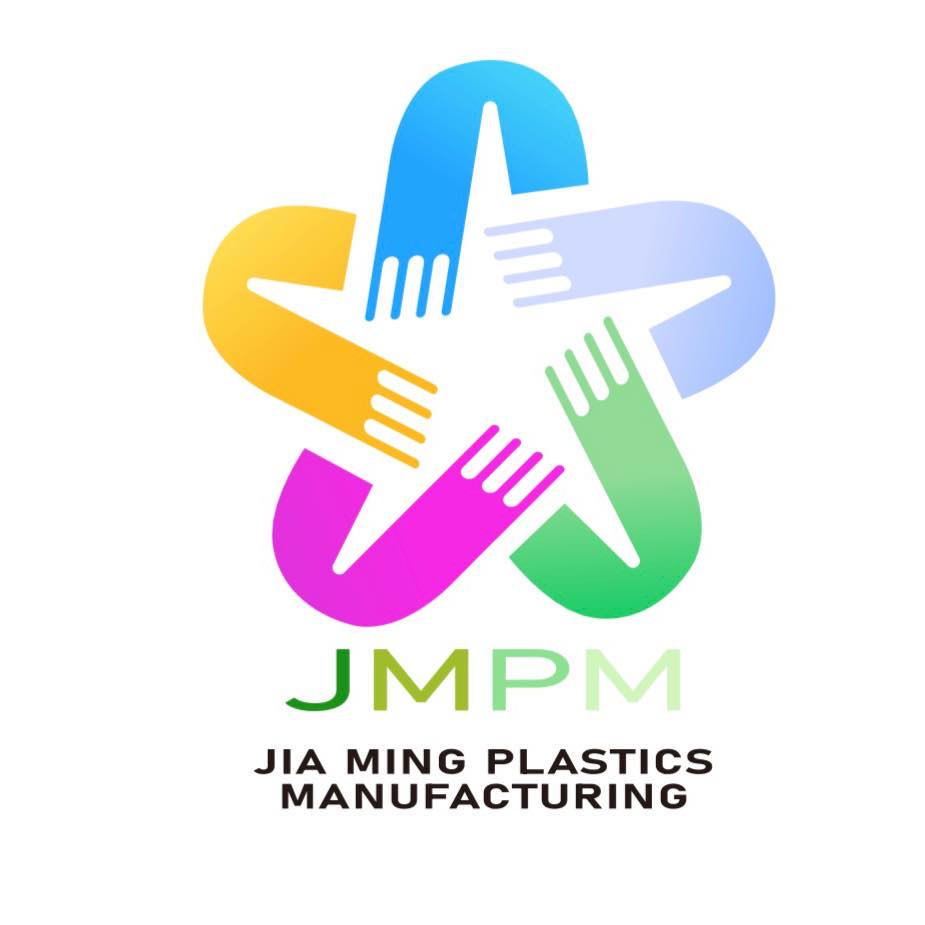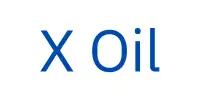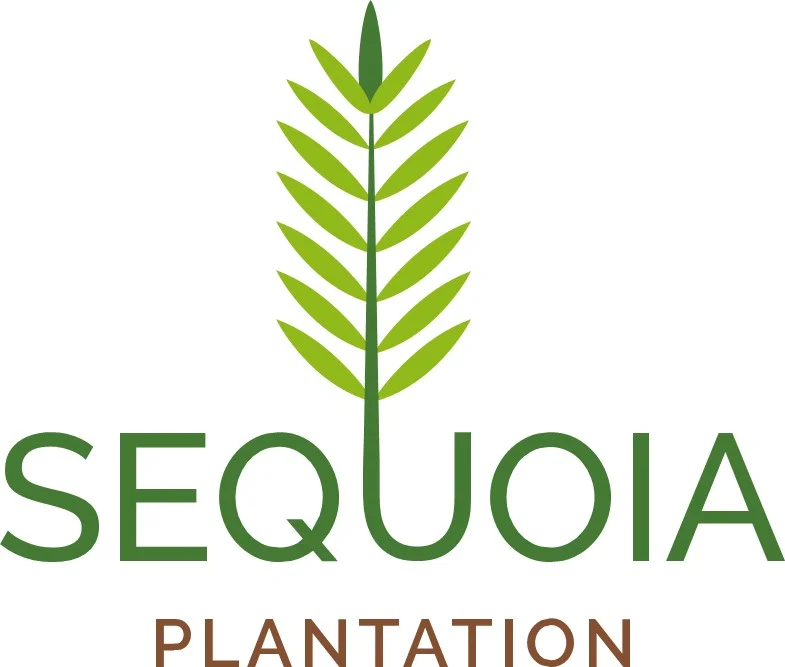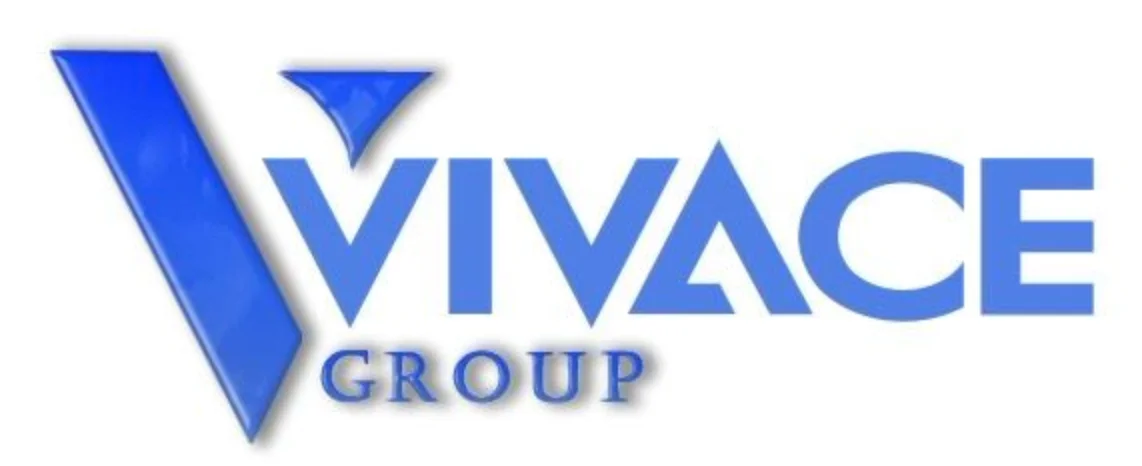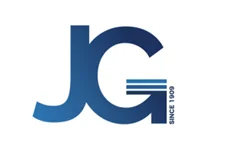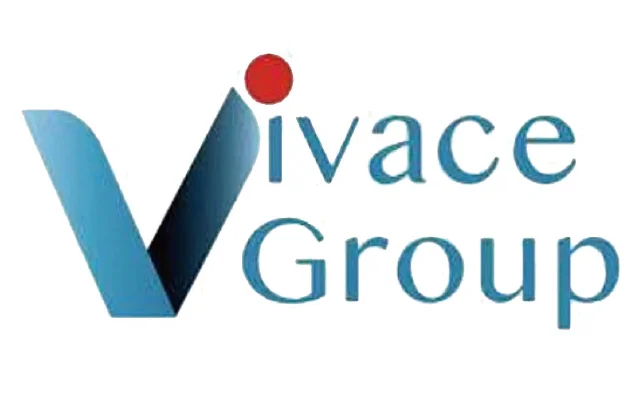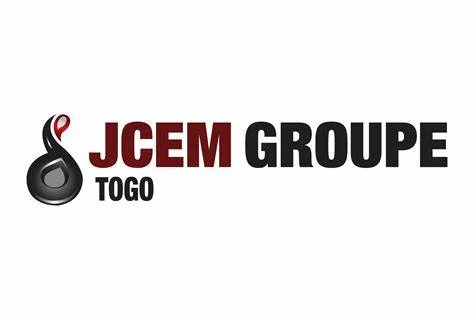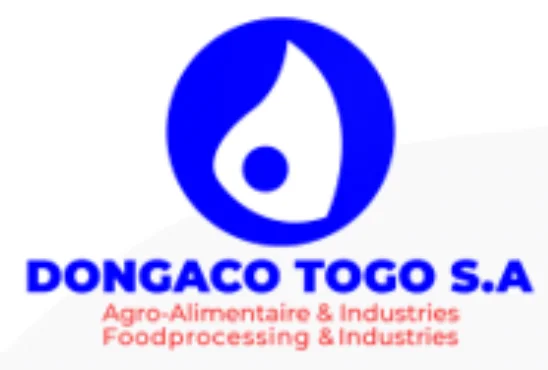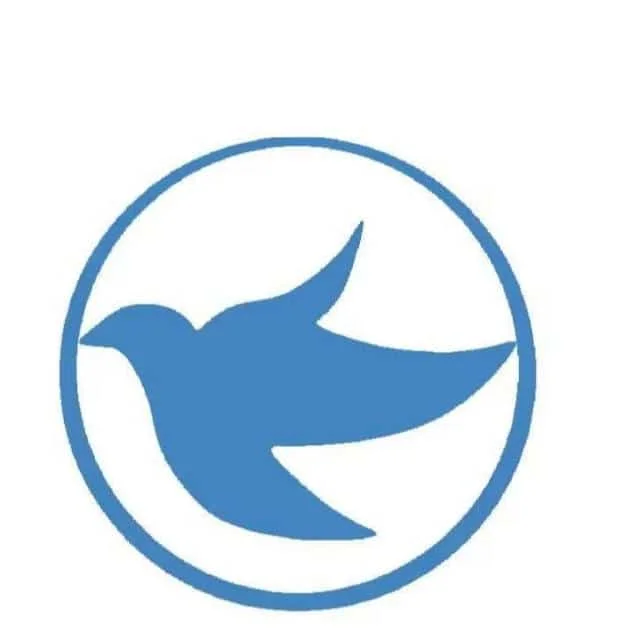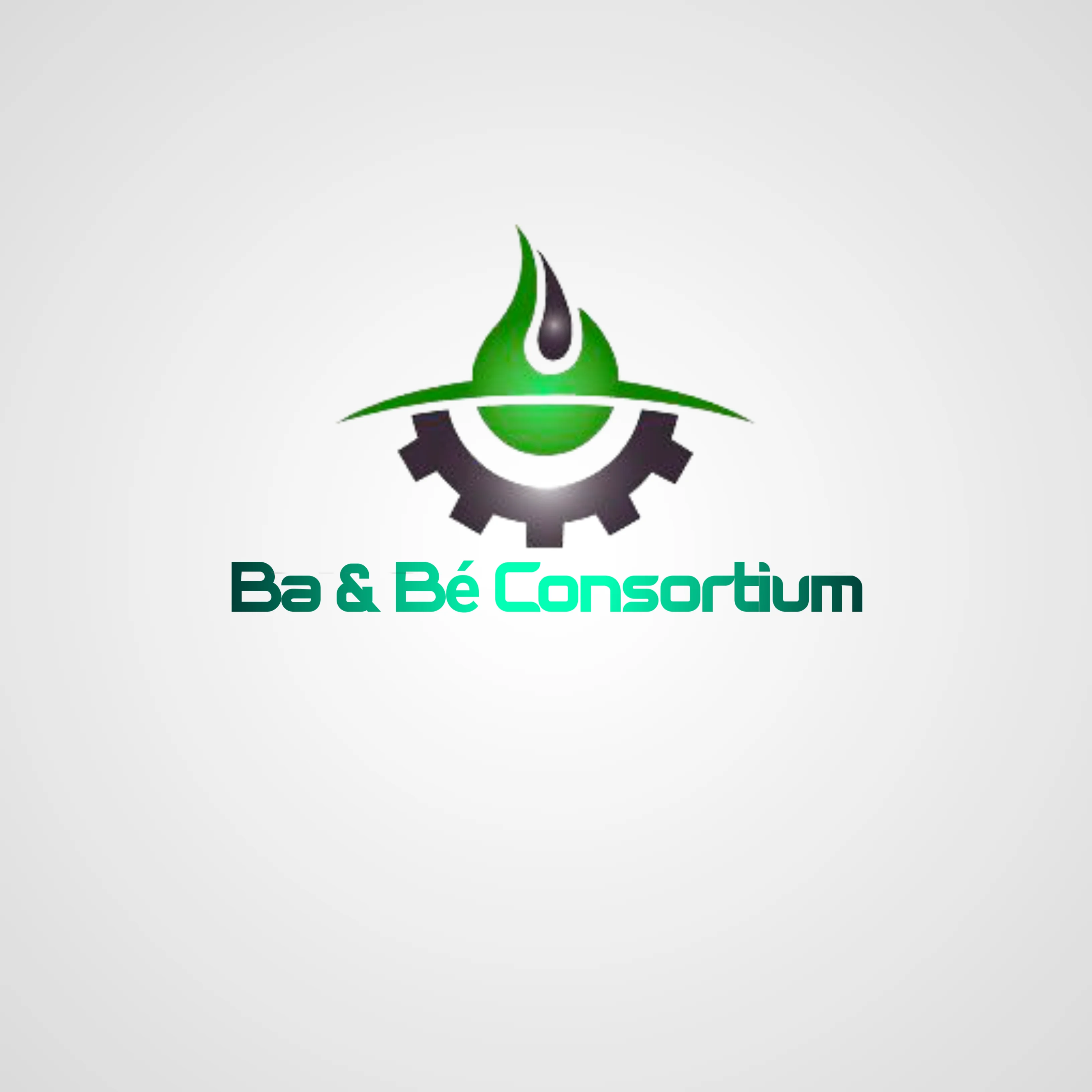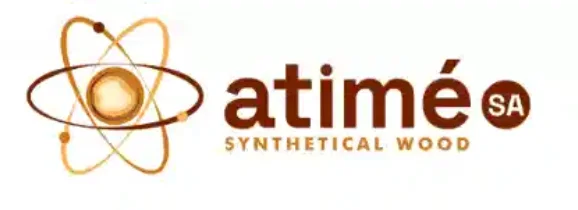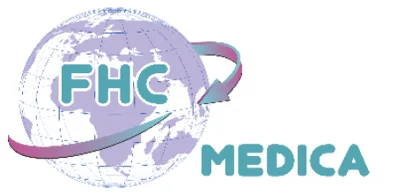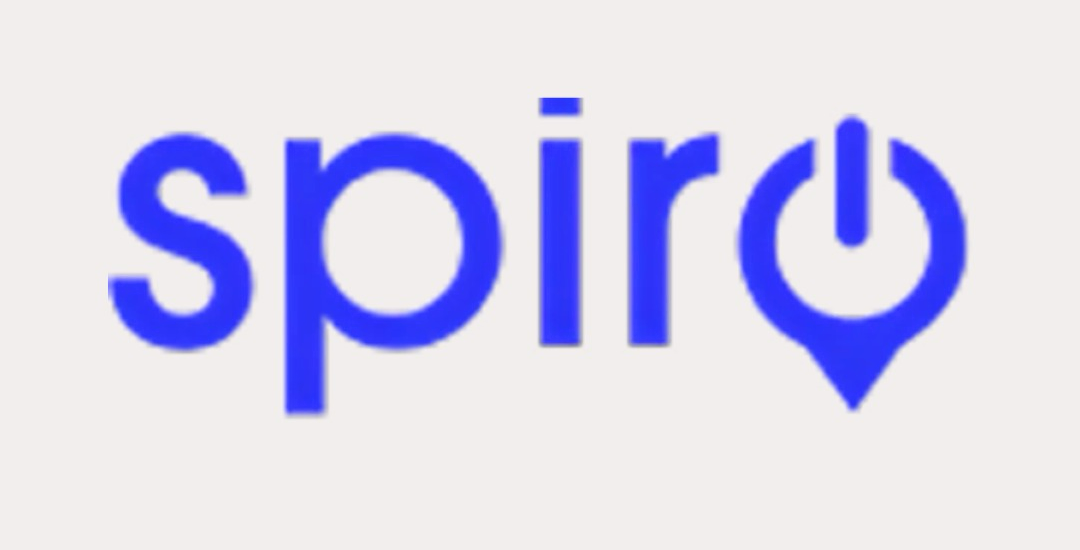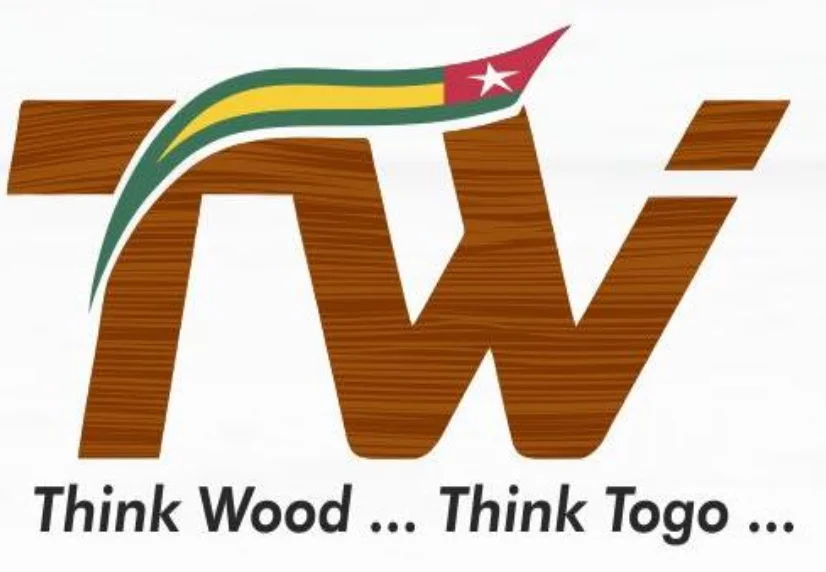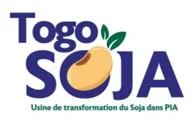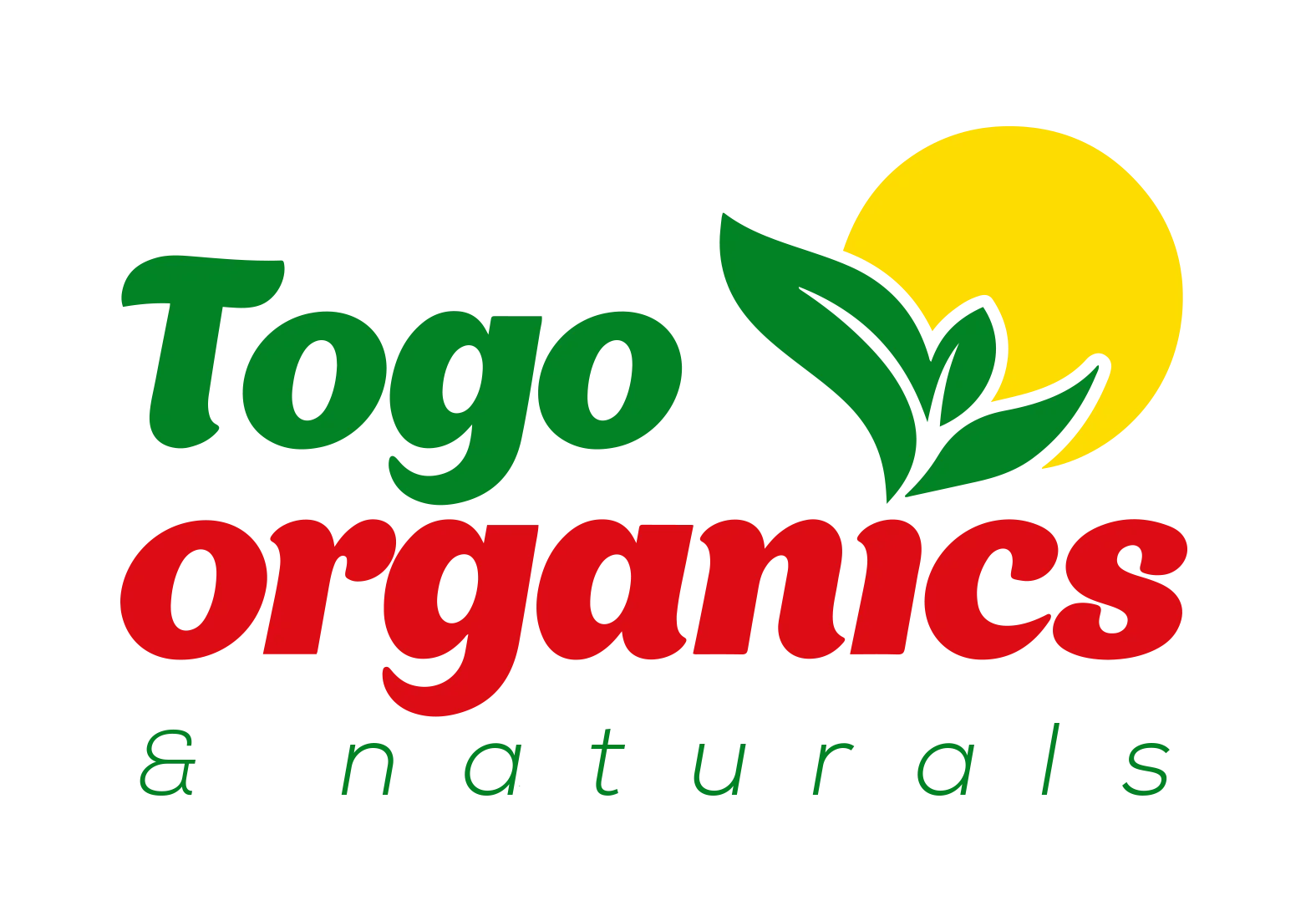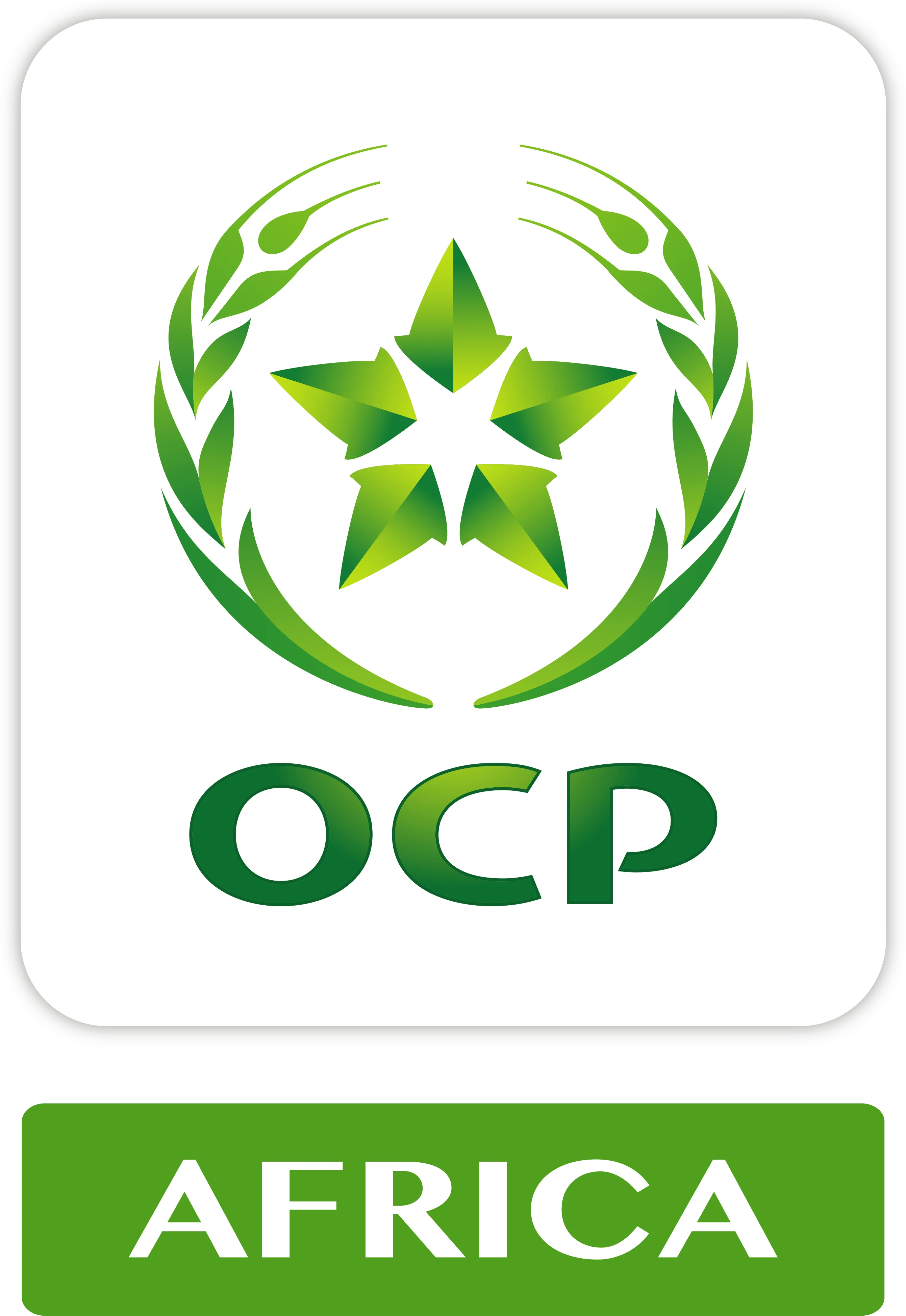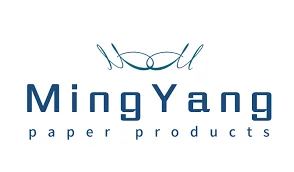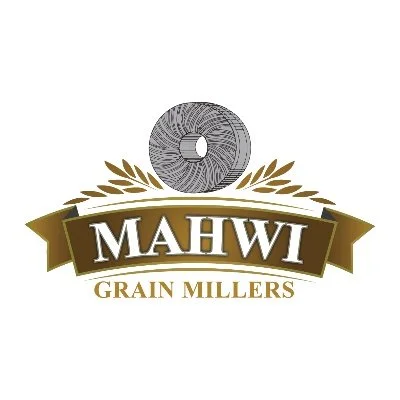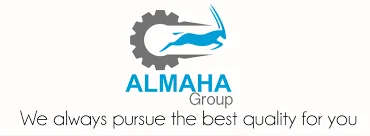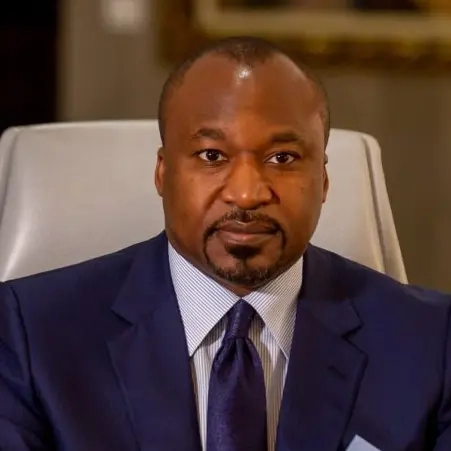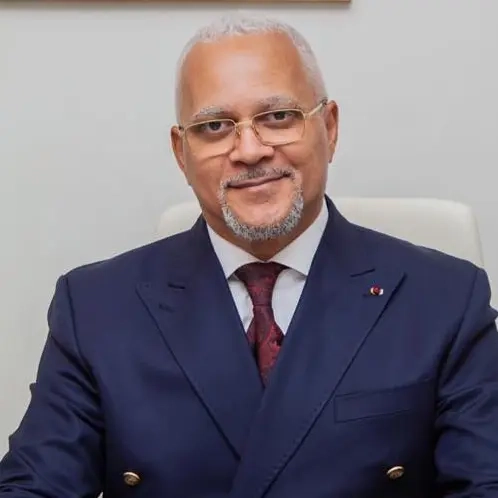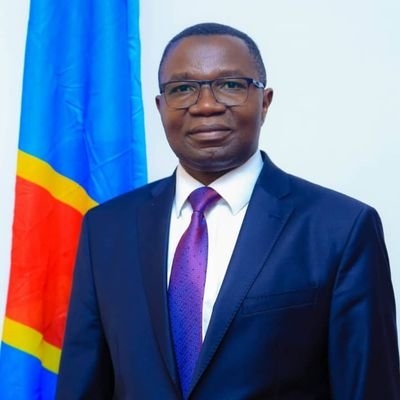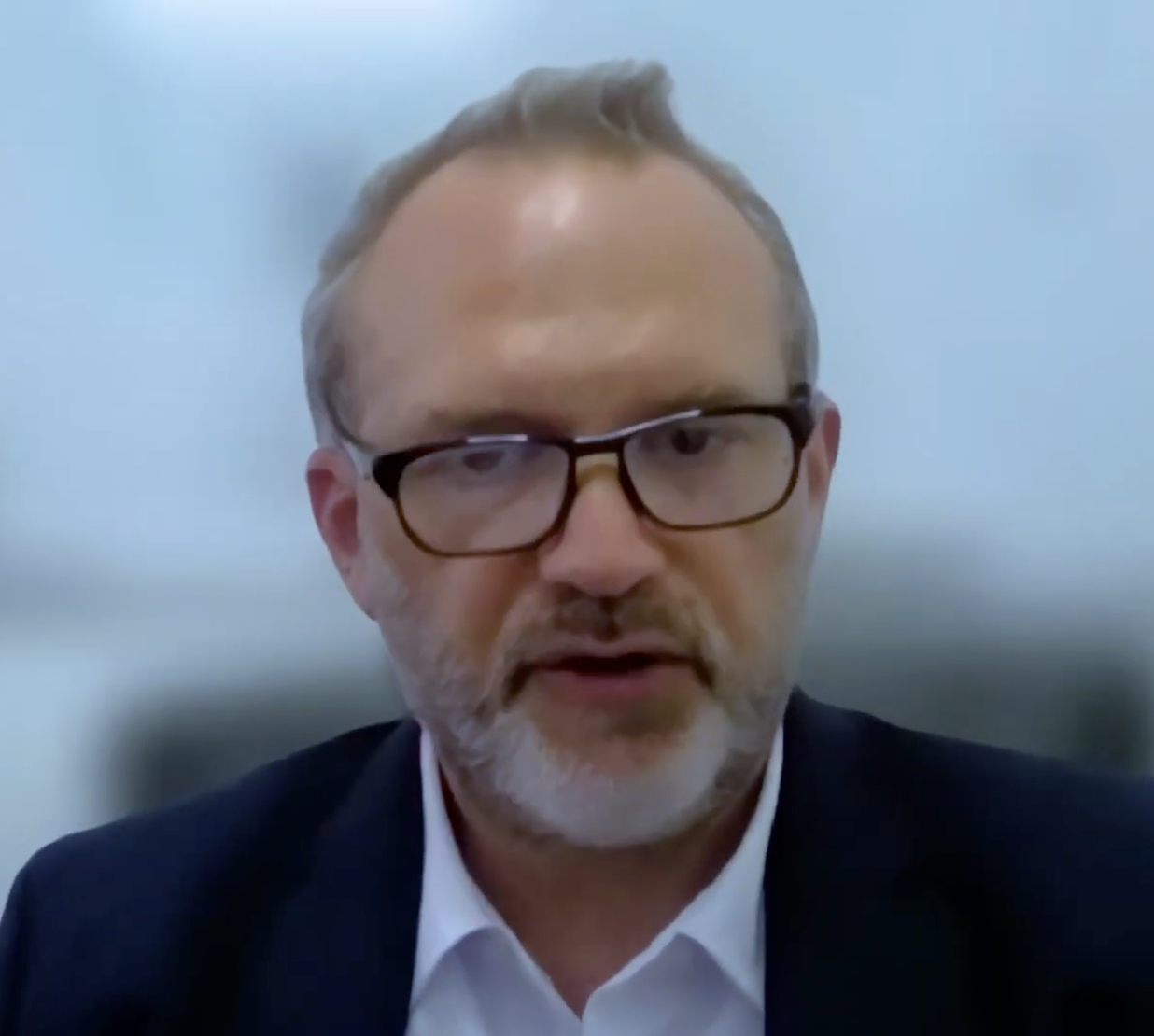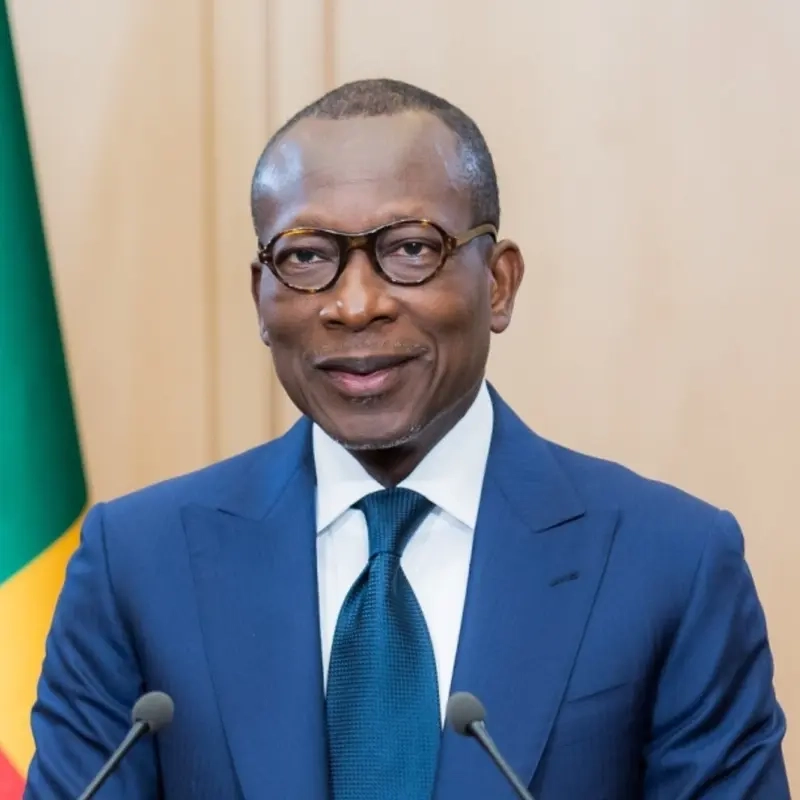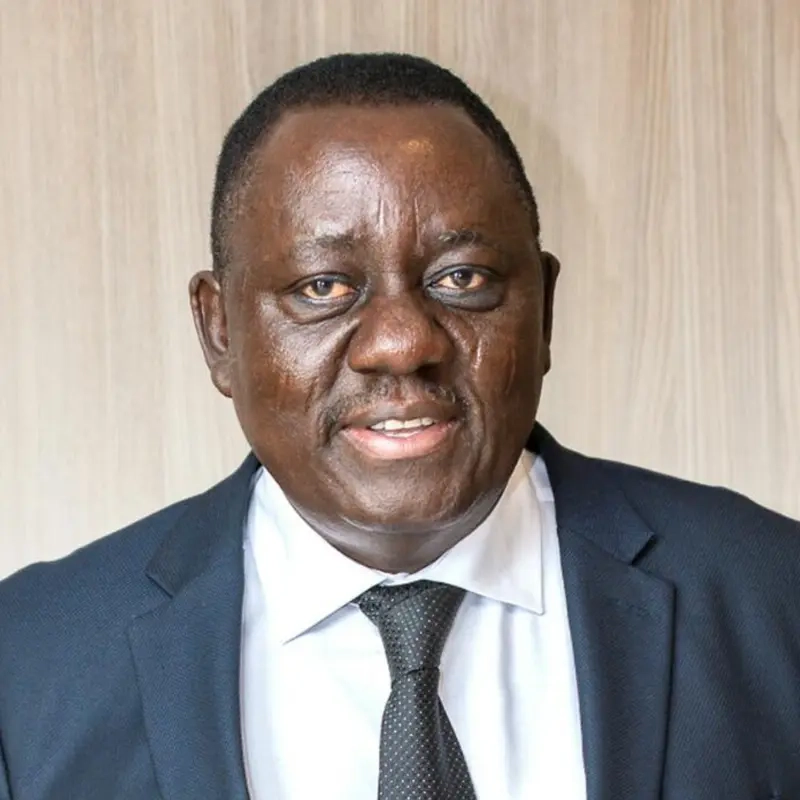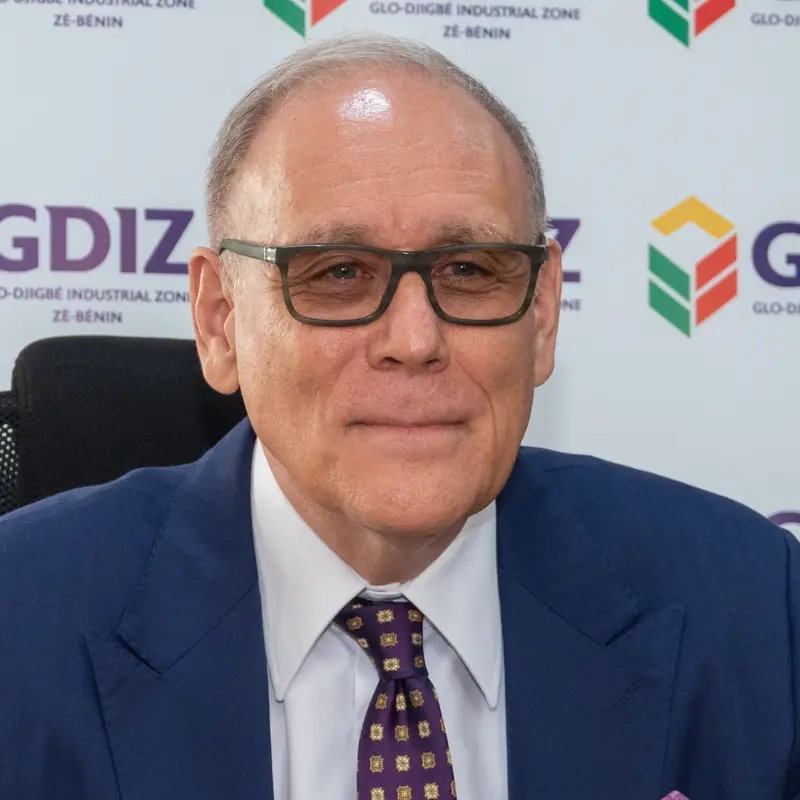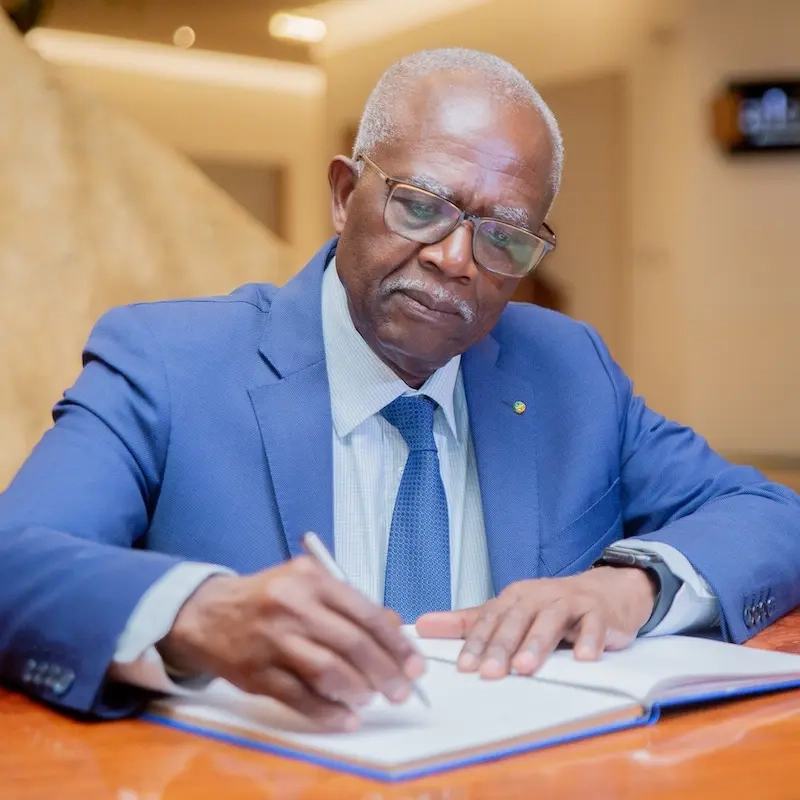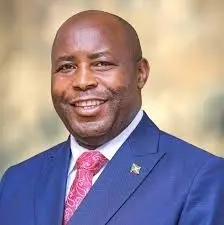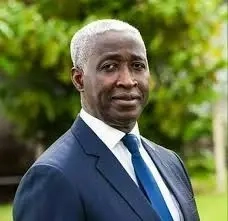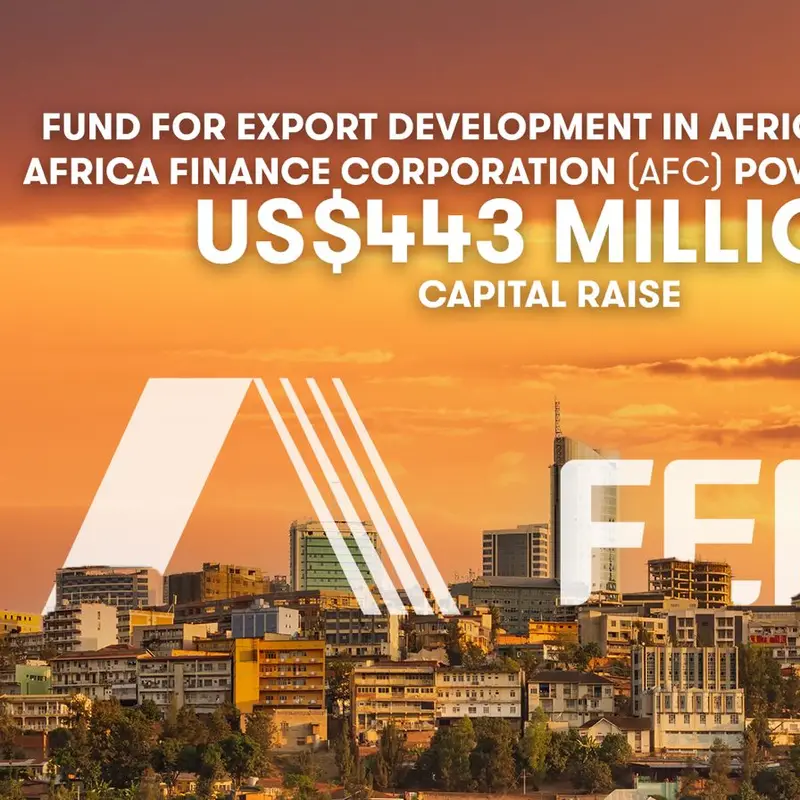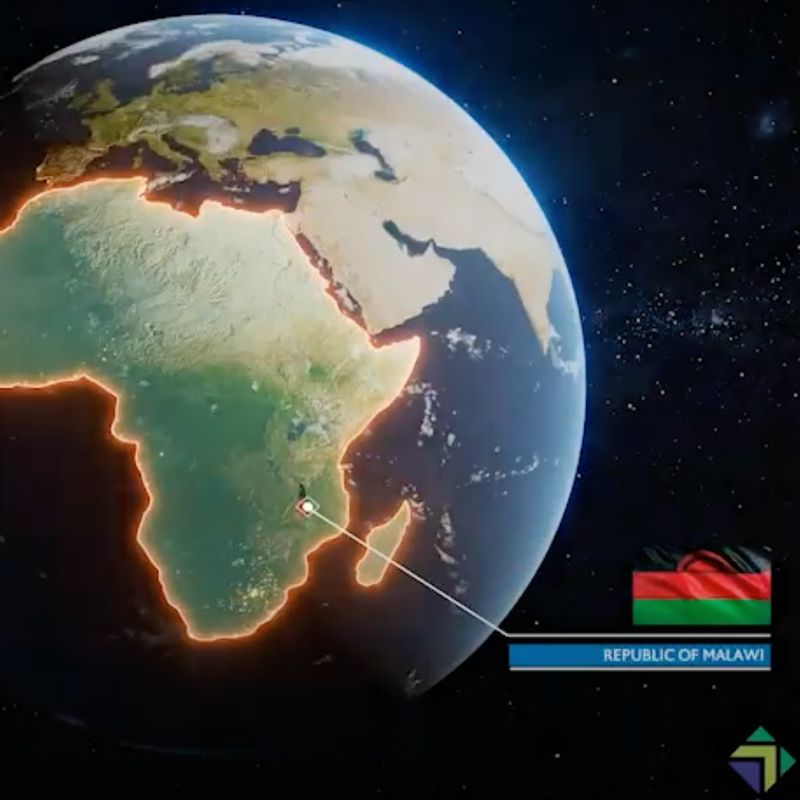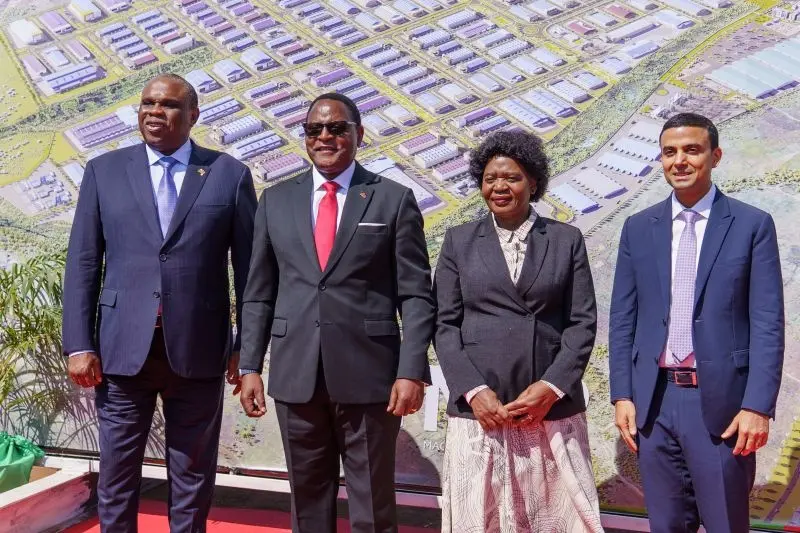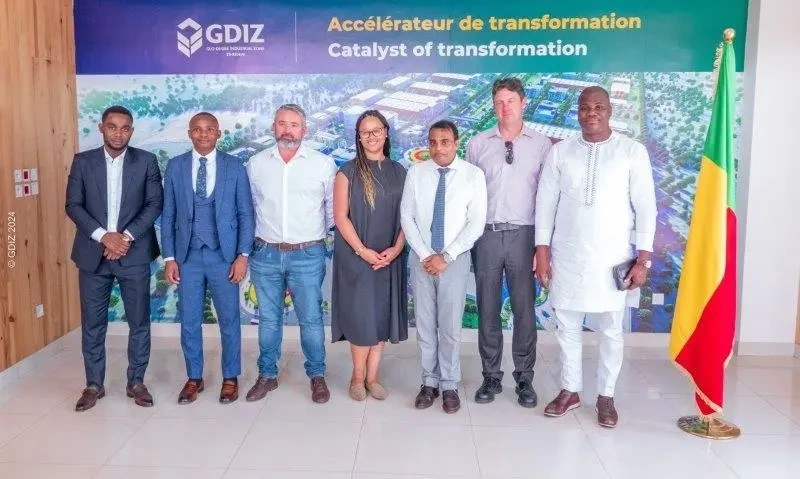What are the key sectors for investment in Malawi?
Malawi offers high-potential sectors, including agriculture, mining, tourism, energy (especially renewable energy), and manufacturing. Each of these sectors is supported by natural resources, government incentives, and a ready workforce.
What trade agreements and markets does Malawi have access to?
Malawi is a member of the Southern African Development Community (SADC) and the Common Market for Eastern and Southern Africa (COMESA), granting access to over 600 million consumers. Malawi also has trade agreements with other regional and global markets, facilitating export opportunities.
How can I set up a business in Malawi?
Africa For Investors platform, managed by Arise IIP, provides a Single Window Clearance facility for business registration and licensing, simplifying the setup process for foreign investors in Malawi's Industrial Zone.
What natural resources are available in Malawi for investment?
Malawi is rich in agricultural resources (e.g., tobacco, tea, sugar, and coffee) and minerals like uranium, rare earth elements, bauxite, and limestone. There’s also significant potential for hydropower and sustainable forestry.
How stable is Malawi politically and economically?
Malawi is considered one of the more stable countries in East and Southern Africa, with consistent governance and proactive economic reforms. The government prioritizes economic stability and investor-friendly policies to ensure a favorable investment climate.
Are there restrictions on repatriating profits and dividends?
Malawi allows for the full repatriation of profits, dividends, and capital. Foreign investors can transfer their funds with few restrictions, making it a favorable environment for international businesses.
What is the Magwero Industrial Park (MIP), and what does it aim to achieve?
The Magwero Industrial Park (MIP) is an integrated industrial park developed by ARISE IIP in partnership with the Republic of Malawi, located just 10 km from Lilongwe, the capital city. Officially launched on June 1st, 2024, with the support of Afreximbank, this $300 million project is designed to accelerate Malawi's industrialization by fostering economic diversification and maximizing the value of its natural resources. The park spans 417 hectares and features facilities for industrial manufacturing, agro-processing, logistics, and SME-friendly "Plug and Play" infrastructure.
What industries and business sectors are supported within the Magwero Industrial Park?
MIP supports a range of industries, including agro-processing for local crops such as soybeans, cotton, maize, tomatoes, and peanuts. It also has designated zones for manufacturing industries, producing goods like glass, construction materials, LED lighting, plywood, and paper. The park's comprehensive infrastructure makes it suitable for various industrial and manufacturing businesses looking to establish a base in Malawi.
What makes MIP's location strategically advantageous for investors?
MIP’s strategic location, 10 km from Kamuzu International Airport and the city center of Lilongwe, offers exceptional access to both domestic and regional markets. Its proximity to the Malawian railway network enhances logistical efficiency for both imports and exports. Additionally, the park includes an Internal Container Depot Terminal (ICDT) and logistics warehouses, making it ideal for businesses focused on streamlined supply chain management.
What infrastructure and facilities are available to businesses at MIP?
MIP offers extensive, ready-to-use infrastructure tailored to industrial and manufacturing needs, including logistics warehouses, a residential area, and “Plug and Play” facilities with pre-built hangars for SMEs. Businesses benefit from dedicated industrial zones, on-site utilities, and efficient logistics solutions, all designed to support operational excellence.
How does the public-private partnership between ARISE IIP and the Malawi Export Development Fund impact MIP’s development and operations?
The Magwero Industrial Park is developed under a public-private partnership, with 65% ownership by ARISE IIP and 35% by the Malawi Export Development Fund (EDF). This structure allows for aligned incentives between the private sector and the government, facilitating a pro-business environment with streamlined regulations, investment incentives, and sustainable development that benefits local communities and global investors alike.
